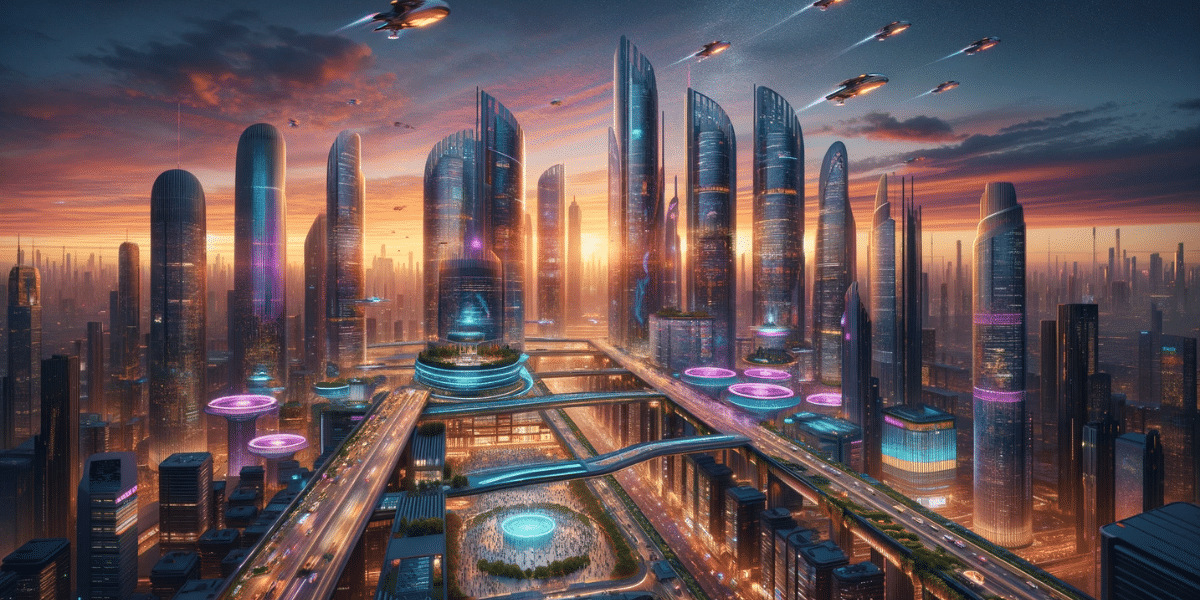Integrating Artificial Intelligence (AI) and Machine Learning (ML) into sustainable development practices heralds a beacon of hope and progress at the frontier of a new era in technology and sustainability. With over two decades of professional expertise in information technology, Anoop Kumar has been at the forefront of leveraging these technologies as critical tools to advance sustainable development goals, focusing on AI, ML, program management, and digital transformation strategies.
Incorporating Artificial Intelligence and Machine Learning in Sustainable Development
The quest for sustainable development faces myriad challenges, including climate change, environmental degradation, social inequity, and economic disparities. Anoop, armed with a robust engineering background from the Indian Institute of Technology (IIT) Roorkee, an MBA from the Indian School of Business (ISB), and specialized AI & ML training from the University of Texas at Austin, offers a unique perspective on harnessing technology to address these pressing issues.
Utilizing Artificial Intelligence for Environmental Conservation
AI has demonstrated immense potential in environmental conservation. Anoop’s engagement with cutting-edge Business Intelligence & Data Analytics tools has revealed AI’s ability to significantly improve the monitoring and management of natural resources. AI systems can predict deforestation trends, monitor wildlife populations, and enhance water resource management, thus making significant contributions to conservation efforts.
Machine Learning in Climate Change Mitigation
Machine Learning (ML) is poised to significantly impact climate change mitigation. ML algorithms can identify effective strategies for reducing carbon footprints and promoting renewable energy use by analyzing vast datasets on climate patterns, greenhouse gas emissions, and energy consumption. These insights are crucial for policymakers, corporations, and communities striving to achieve sustainable goals.

Photo Courtesy: Anoop Kumar
Improving Agricultural Sustainability Using Artificial Intelligence
Agriculture plays a vital role in global sustainability, and AI is set to revolutionize this sector. Precision agriculture techniques allow farmers to use AI to improve irrigation, fertilization, and pest management, increasing crop productivity while reducing environmental impact. Anoop’s involvement in digital transformation initiatives has highlighted AI’s profound effect on agricultural efficiency and sustainability.
Artificial Intelligence in Sustainable Urban Development
Urbanization presents unique sustainability challenges, including energy consumption and waste management. AI and ML offer advanced solutions for creating intelligent, eco-friendly communities. For example, AI can optimize traffic flow, reduce energy use in buildings, and improve waste management systems, significantly contributing to urban sustainability.
Obstacles and Moral Deliberations
Despite their potential benefits, applying AI and ML in sustainable development is challenging. Addressing data privacy, algorithmic bias, and the digital divide is crucial to ensure these technologies positively contribute to sustainability goals. With expertise in Project Management (PMP) and a proponent of agile methodologies, Anoop advocates for a holistic approach that considers both technological advancements and ethical considerations in AI and ML.
Key Takeaway
Integrating AI and ML into sustainable development offers vast potential and responsibility. These technologies can provide innovative solutions to some of the pressing environmental and social issues today. However, realizing this potential requires a collective effort from technologists, policymakers, and communities to ensure the ethical and practical use of AI and ML. Anoop aims to leverage the capabilities of AI and ML to create a more sustainable and equitable world for future generations.
Anoop Kumar is a distinguished Information Technology professional with extensive expertise in AI, ML, and digital transformation. His contributions to technology for sustainable development are notable, backed by his education at prestigious institutions like IIT Roorkee and ISB, along with specialized certifications in AI & ML and executive leadership.
Published by: Holy Minoza












